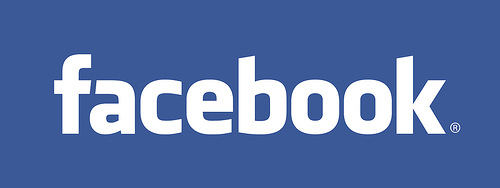Okay, so this headline is kind of false advertising, because I’m not Mark Zuckerberg and I can’t wave my magic wand to stop your organic reach (how many people you can reach for free on your Facebook page) from declining.
If your brand is on Facebook or you have a promotional Facebook page, it was around this time last year that you may have noticed a significant decline in the numbers of people seeing your posts on Facebook. For clients, this was often difficult to understand: Why do we have 10,000 likes, but only 500 people see our Facebook posts? What are we doing wrong? What’s the point of having a Facebook page if we only reach such a small percentage of people?
Here’s what Brian Boland, ad marketing team leader at Facebook, had to say about it: “More and more content is being created and shared every day. On average, there are 1,500 stories that could appear in a person’s news feed each time they log onto Facebook. As a result, it’s becoming harder for any story to gain exposure in News feed.” So, as a result, Facebook’s algorithms allow News Feed to rank each story for each individual person by looking at “thousands of factors relative to each person.”
Theoretically, Boland claims that this has nothing to do with how Facebook is making money (although this seems questionable given the simultaneous development of Facebook’s detailed ad campaigns, Boost Post feature, and other monetization strategies…). However, the fact remains that Facebook organic reach is changing, and brands need to learn how to maximize their social media activity for increased reach, engagement, and ROI.
Advanced Facebook Marketer Jon Loomer would say that this post is entirely too concerned with reach in the first place: “Even in the case of awareness, I’d argue that reach should not be your primary concern. After all, if your post reached 1,000,000 people and every single person ignored it without engaging in any way, I doubt those people would be particularly more aware about your brand.” Okay, fair enough: It’s certainly possible that if only fifty people see your post but fifty people engage with it, that’s not a bad statistic.
Boland also explains social context: when a person sees their friend likes your business, Facebook pay-for-play ads drive 50% more recall and a 35% higher online sales lift. This social context strategy goes for social media, too. If Facebook algorithms see that a particular post is accumulating engagement, it will be more likely to share with your other fans. Popularity is contagious.
And finally, anecdotal and statistical evidence show that Facebook loves to promote posts that aren’t brand-focused and don’t sound like advertisements. The more sales-y language you have in a post, the less likely Facebook is to push it to the top of your fans’ newsfeed. This means that gorgeous photography, human writing, and compelling content actually can make a difference on your Facebook page. All is not lost.
Good social media still makes a difference. Although the algorithms are tougher than before, it just means that social media marketers need to step up their game and produce better, smarter material.
Image credit: CC by Marco Paköeningrat




